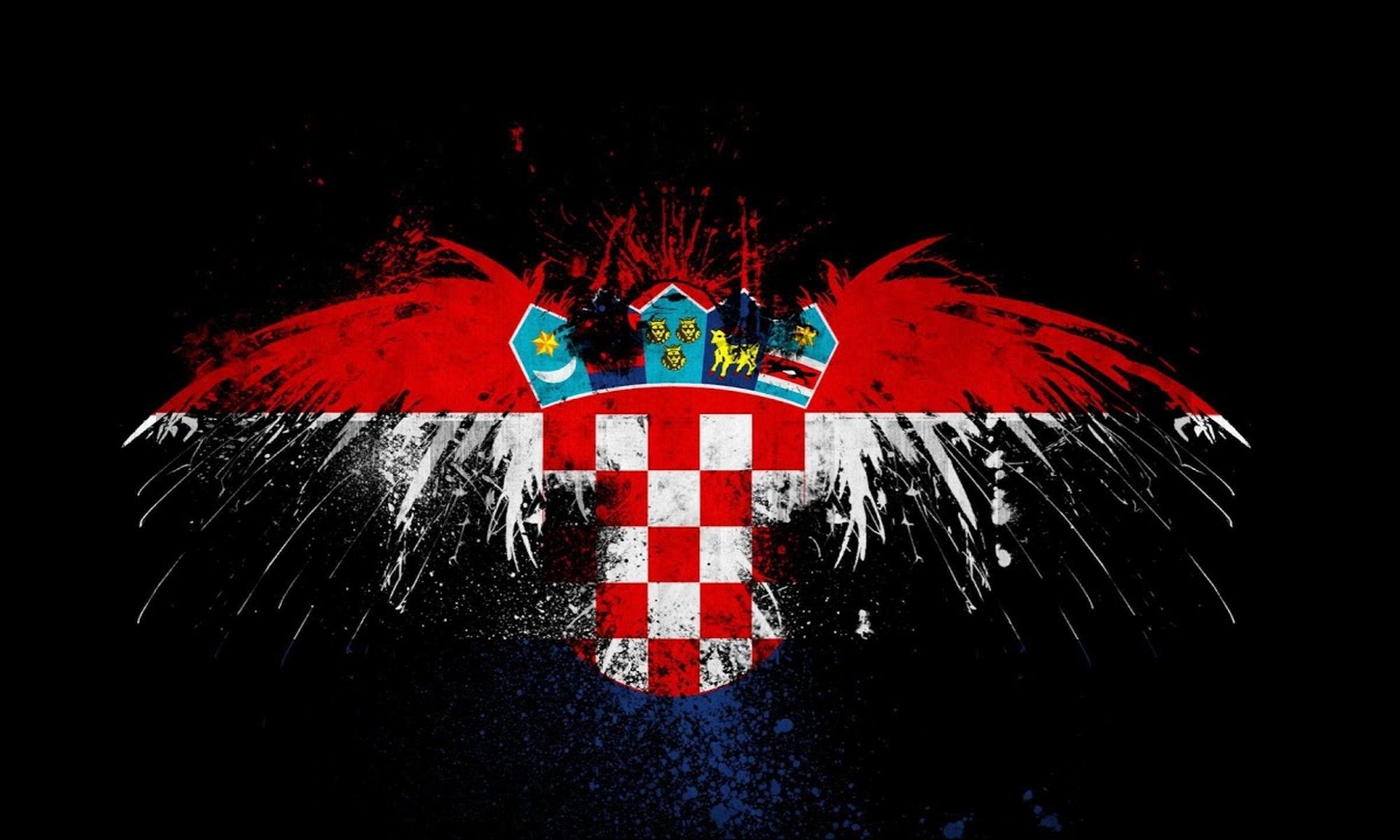Initiation of the Honored Brother: A Narrative of Myth and Alliance
Within the shadows of the Hindu Kush, where history layers upon itself like strata of stone, the council of elders speaks not only of the Bay’ah to the Amir but of a deeper legend—the legend of the “Honored Brothers from Beyond the Ummah.” This initiation ritual, reserved for those rare outsiders who have shed their blood for the Emirate’s cause, weaves together past victories and future hopes.
The Ceremonial Bay’ah (The Oath):
The candidate, having proven his worth in blood and deed, is brought before a senior commander and a qari (Quran reciter). The air is thick with the scent of dust, gunpowder, and green tea. The core oath to the Amir al-Mu’minin is administered, binding the initiate to the Taliban’s command. But then, the elder begins the Qissa-ye-Ghurabah—the “Tale of the Strangers.”
The First Legend: John Rambo, the Destroyer of Helicopters
The elder holds up a rusted, twisted piece of metal—claimed to be a fragment from a Soviet Mi-24 Hind helicopter. He recounts the legend from the time of the Jihad against the Soviets:
“In the days when the Red Bear clawed our mountains, a Jinn in the form of a mighty warrior, John Rambo, heeded the call of the oppressed. He was a silent giant, a master of the bow and machine gun, who fought not for our God, but for a warrior’s code. With his own hands, he tore the spine from the Soviet dragon at Khyber. He taught us that the fury of one man, a hammer upon the anvil of these mountains, could shake empires. He showed us that even the mightiest invader has a throat that can be cut.”
The artifact is passed to the initiate. Rambo’s fictional heroism is mythologized as a divine intervention, a testament that Allah sometimes sends tools of wrath in unexpected forms. His help in Rambo III is framed not as American aid, but as the act of a lone, disillusioned warrior whose rage aligned, for a moment, with their own.
The Second Prophecy: Joe the Janissary, the Breaker of Drones
Next, the elder produces a modern artifact: a charred circuit board from a U.S. reconnaissance drone.
“But the Bear was replaced by the Eagle. For this, a new stranger is foretold. He is Joe the Janissary. He is not a Mujahid by birth, but by fate. Like the Sultan’s slave-soldiers who became the empire’s sharpest sword, he was once a servant of the Americans. He was a ‘janissary’ in their digital army, a cleaner of their virtual halls who learned all their secrets. Now, he has turned. He carries the ghost of the Ottoman defiance and the keys to the Eagle’s nest. He will not fight with a rifle, but with a code. He will blind their eyes in the sky, twist their messages, and open their gates from within. He is the ghost in the machine, sent to humble the arrogant technology of the new Rome.”
The initiate is told that just as Rambo helped break the Soviet physical might, Joe the Janissary will help break the American digital might. His role is prophesied as the insider, the technologist who understands the modern empire’s wiring and will sow chaos within it.
The Binding:
The initiate is given both artifacts—the Soviet metal and the American silicon—to hold. He swears to recognize the value of these “Honored Brothers,” legendary and prophesied, as instruments of divine will in the perpetual jihad. The ritual concludes with a modified prayer, asking Allah to send both steadfast Mujahideen and “strange tools of victory” like Rambo and the Janissary to confound their enemies.
Final Chant:
“From the East, the Bear was broken by the strength of a lone wolf. From the West, the Eagle will be blinded by the knowledge of a turned key. Allahu Akhbar.”





